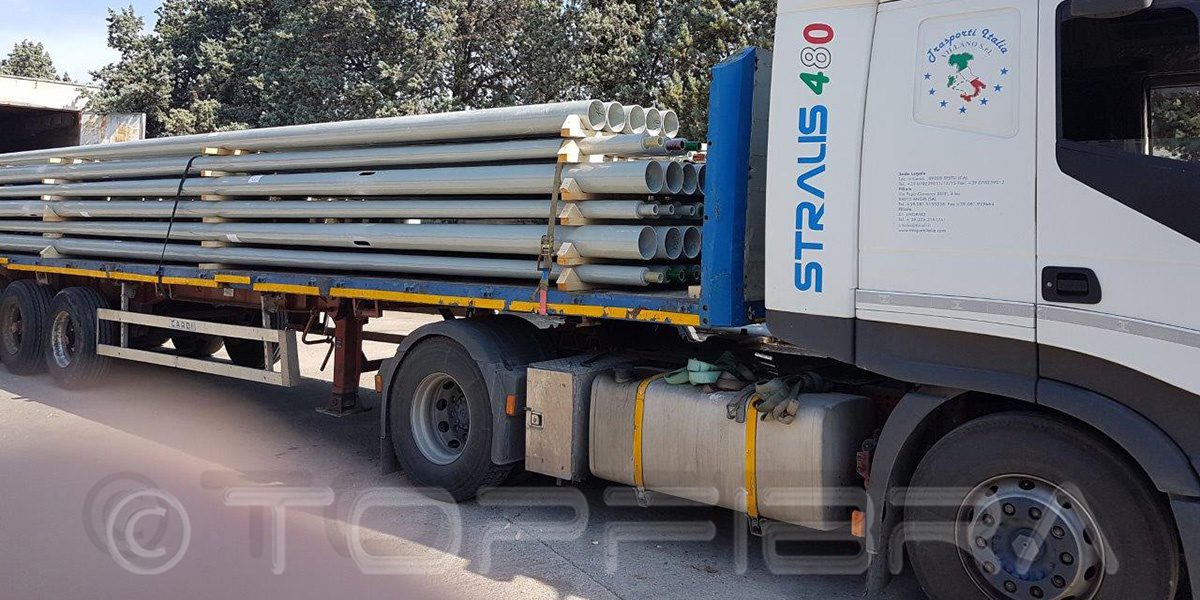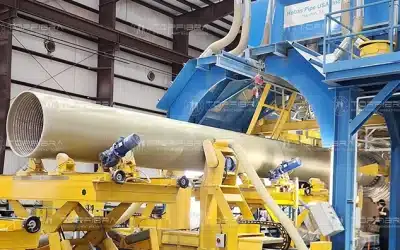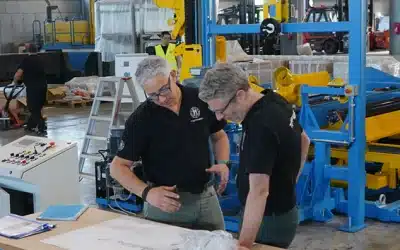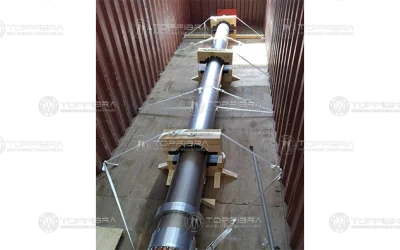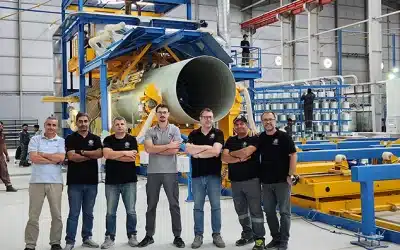WHY AREN’T THERE MORE OF THEM ON OUR ROADS?
Have you ever seen a car crash into a steel or concrete pole, or perhaps a tree? We usually don’t take the time to think about this until one of our loved ones is involved in an accident. Unfortunately, we are also exposed to this risk every day when we get into our cars.
Is there any other solution? And if yes, why isn’t it implemented?
I will tell you why – sometimes people hear some advice that’s completely common sense, but somehow common sense isn’t always common practice. I’m writing this article to give you real, economical and practical solutions to these real, everyday problems. I’m talking about the FRP poles produced with the filament winding technology.
I would like will explain their characteristics to you, so you will be able to see the advantages of the FRP poles as regards their safety and cost-effectiveness. The characteristics of the FRP poles produced with the filament winding technology are the following:
- very safe due to the high passive safety level, so the impact is less dangerous for the driver; they can make the difference between life or death for the driver or passengers,
- non-conductive and non-magnetic, so there is no risk of electric shock if the main electric cable touches the pole after a small impact, for example.
But what about the cost?
You are probably thinking that the cost of the FRP poles is higher than that of wooden, steel or concrete poles. And this is understandable because there is an enormous lack of information about the FRP poles manufactured with the Filament Winding Technology. Considering transportation, installation and durability, the FRP poles are cheaper than poles made of other materials. And the final cost is not the only advantage.
Do you want to know more about the FRP poles and about the hidden truth behind the pole industry?

